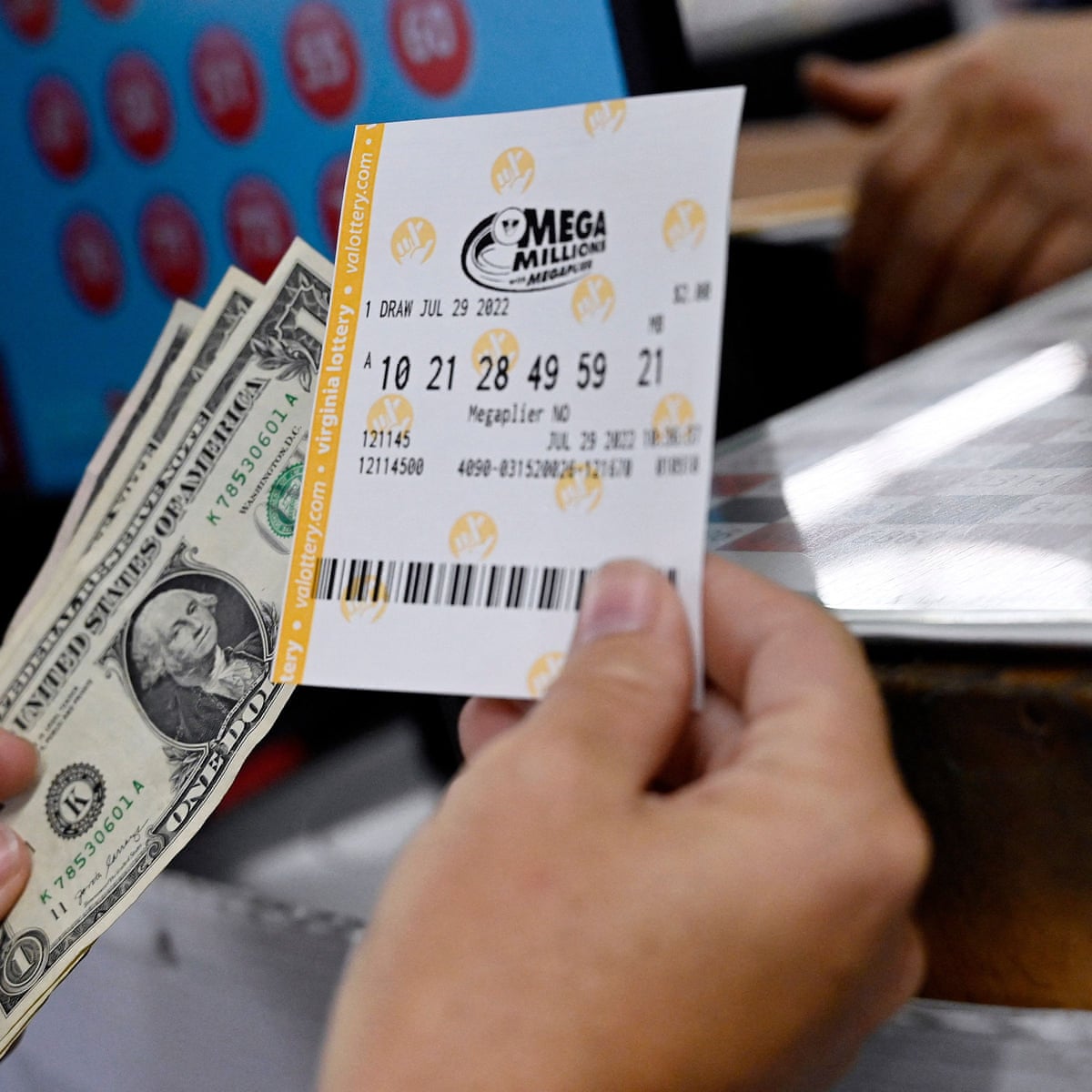
Lottery is a form of gambling where players buy tickets for games with prizes in the form of money. Various forms of lottery have been found in history, but the first known public lotteries were held in the Low Countries in the 15th century to raise money for town fortifications and charity.
The early American colonies used lotteries to finance public works projects such as paving streets and building wharves, churches, and colleges. During the French and Indian War, several colonies also used lotteries to raise funds for fortifications and their local militias.
In the United States, government-run lotteries are common in most states. These are usually managed by state agencies or public corporations and are run with the primary goal of maximizing revenue. This involves expanding the game offerings and promoting them through advertising. However, there are some issues with the way these lotteries are operated, particularly the question of whether their promotion is in the best interest of poor and problem gamblers.
Most state governments are dependent on lottery revenues to fund government programs and services. In an anti-tax era, many states face pressure to increase these revenues.
This pressure has led to the expansion of lottery operations, including new games, a more aggressive promotion of the lottery, and a focus on increasing the number of winners. Critics of lotteries, including some members of the lottery industry itself, have raised concerns about these practices. These criticisms can range from the alleged regressive effects of lottery funding to the impact of marketing on young people.
Some lotteries also promote themselves as having a positive social and economic impact by “earmarking” part of their profits to specific purposes. For example, a state may offer a five-digit game that “earmarks” a portion of its proceeds to a specific cause, such as public education. This earmarking process, in theory, should increase the resources available to that cause; however, there is little evidence of this happening.
One of the most popular lottery games is Powerball, which pays out a jackpot that can reach into the billions. This jackpot is awarded to a winner by a computer, which selects numbers from the pool of tickets.
The odds of winning the jackpot are very small, so it is not worthwhile to invest a large sum of money to try to win it. Instead, the best strategy is to play the lottery for fun.
Buying a few scratch-off tickets from different togel sdy games is one of the easiest ways to increase your chances of winning a big prize. It is important, however, to check the website of the lottery you are buying from. This is so you can get the most updated information about which prizes are still available.
You should also make sure that you are playing the latest versions of these games. Buying old tickets will reduce your chances of winning a prize.
Another method for improving your chances of winning is to play the same scratch-off games again and again. This is because you are more likely to find a pattern of “singletons” on a ticket that will signal that a prize is about to be awarded.